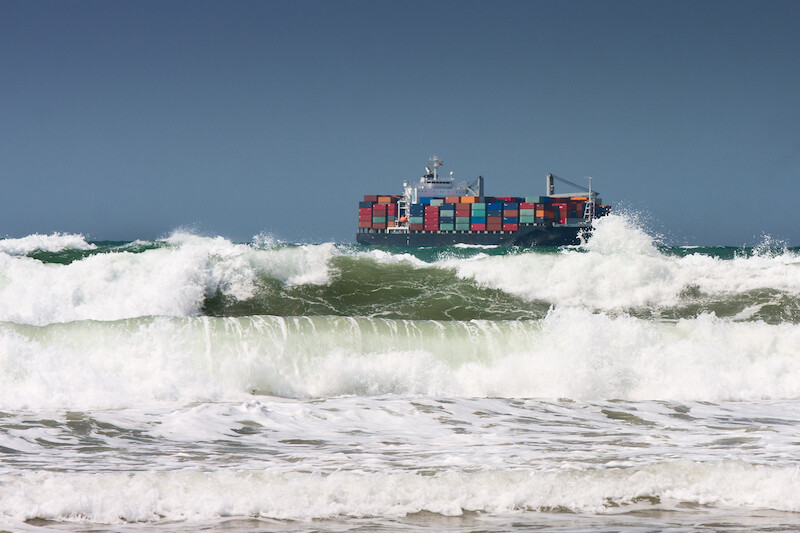In an already stretched and troubled shipping industry, the disruption brought about by Covid has been seismic. Not only that, the differing approaches to managing the pandemic across regions and nations have created ongoing challenges for seafarers and shipping companies.
For example, the strict lockdowns and zero-tolerance approach to breaches in Covid regulations in China has created additional pressure for shipping crews who continue to face more checks and balances to meet national health regulations. This has since led to congested ports and waterways along China’s Pacific coastline, a key maritime hub in the region and one that is essential for trade and economic stability.
Coupled with this, there is concern among shipping companies that they need to make up for revenue lost during Covid lockdowns. This in turn has led to greater waterway congestion as companies look to pick up additional work to make up for pandemic-related losses. As well as this, for some companies, maintenance work that would usually have been routine may have been impossible to complete due to staffing and access issues during national lockdowns. This means that some older ships are likely to be overdue for maintenance repairs and servicing.
This all comes amid a backdrop of significant change and transition in the global maritime sector. For example, in recent years, shifts in energy consumption and increased environmental regulation means that the types of cargo vessels are carrying has changed. These different loads pose additional hazards that shipping crews require training on how to handle. Without these control measures in place, ships and crews are operating at increased risk, as seen in February this year with the fire onboard the Felicity Ace cargo ship in the Atlantic which was fueled by the lithium-ion batteries of the high-end electric vehicles it was carrying.
Increase in vessel incidents sees insurance premiums rise
It is unsurprising therefore that incidents such as fires and collisions remain a consistent threat to vessels and crews. In turn we are seeing an increase in marine insurance claims, which may lead to higher premiums for the vessels. The incident involving the 400-meter containership Ever Given, which blocked the Suez Canal in Egypt for six days in March 2021, is a case in point.
In challenging and highly congested waterways, it is essential to protect the vessels and trade that depend on safe operations in these areas. A major incident, such as that in the Suez Canal, doesn’t just impact one ship, but the livelihoods and businesses of thousands if not millions of people who depend on maritime trade.
Investigations provide insights that can prevent future incidents
Shipping companies must drive improvements in safety by gaining a thorough understanding of marine incidents through undertaking full and proper investigations. Learnings from these investigations must in turn ensure that actions are taken to help avoid similar incidents in the future. With every shipping collision or incident, particularly when involving heavily loaded, high tonnage vehicles, there is an increased danger to human and marine life. The ship or ships involved in a collision may also have suffered structural damage, which is costly to repair.
Investigations and reviews after an incident such as a collision are usually a regulatory requirement. By undertaking comprehensive investigations after maritime shipping incidents, companies will reduce damage and insurance costs in the future. They will also help ensure the safety of crew members, which is of course of paramount importance. With a forensic investigation process, using simulation and visualisation technology, shipping companies can harness the knowledge and experience gleaned from operations today to protect those of tomorrow.
Hittesh Gupta is the head of casualty investigation for BMT, a UK-based maritime-orientated design house and technical consulting firm.



